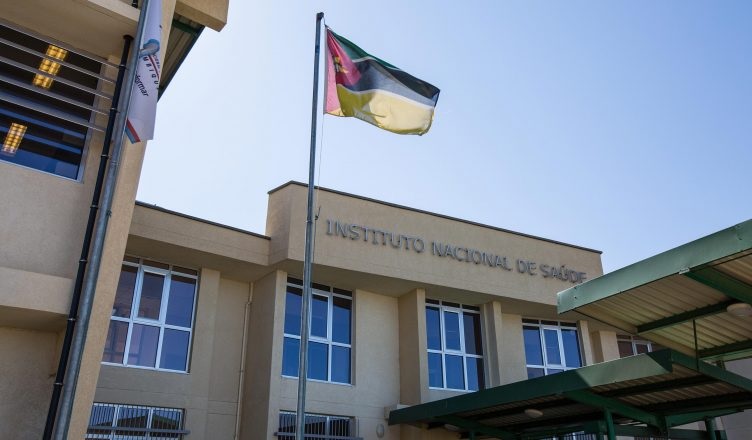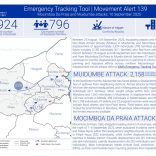Mozambique probes claims of army atrocities near TotalEnergies site
Mozambique: INS needs more than US$900,000 for disease surveillance system – Notícias

FILE - For illustration purposes only. [File photo: TVM]
The National Institute of Health (INS) needs at least US$900,000 annually to implement a disease surveillance system in Mozambique.
The platform will help to better prepare the country to better face future health threats.
The general director of the National Institute of Health (INS), Eduardo Samo Gudo, says that it is the national and global public health challenges that have demonstrated the relevance of this instrument.
“Global and local public health challenges have been revealing more and more clearly the importance, need and urgency of establishing innovative, robust, integrated and multidisciplinary surveillance systems, seeking to capture not only information about diseases, but also events vital organs and their health determinants,” he said on the sidelines of the Meeting on the Expansion and Adaptation of Public Health Surveillance..
“These systems will allow the generation of scientific evidence to help and guide the decision-making process in Public Health, as well as for the health planning process and formulation of appropriate health policies,” Samo Gudo said.
According to AIM, the sector currently faces several challenges, such as the fragmentation of surveillance systems, duplication and inefficiency in surveillance operations, limited availability of data on causes of death that are representative and timely, and limited epidemiological intelligence capacity for the forecasting and anticipation of illness.












Leave a Reply
Be the First to Comment!
You must be logged in to post a comment.
You must be logged in to post a comment.